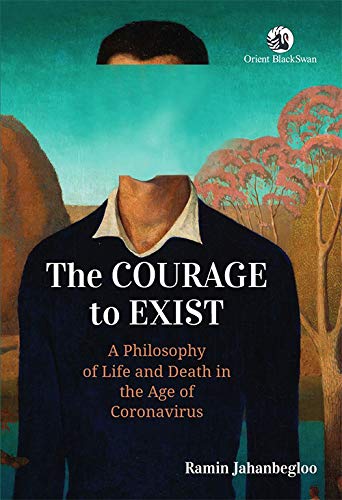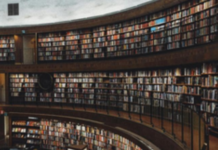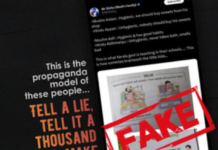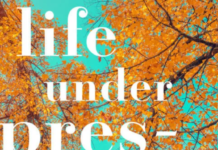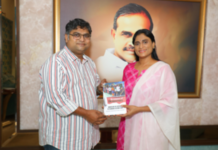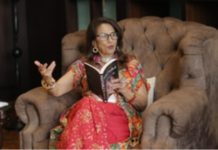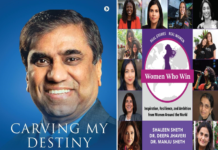By Vishnu Makhijani
New Delhi– The coronavirus pandemic has endangered our basic human rights and liberties and taught us that it is time to change our values, priorities and perspective if humanity is to survive, says Ramin Jahanbegloo, a prominent political philosopher of Iranian origin, in his new book, “The Courage to Exist – A Philosophy of Life and Death in the Age of Coronavirus” (Orient BlackSwan).
Indeed, the present is what the ancient Greeks regarded as “kairos”, the opportune moment to respond to the constraints of the “zeitgeist” (the spirit of the times), Jahanbegloo, currently the Executive Director of the Mahatma Gandhi Centre for Nonviolence and Peace Studies and the Vice-Dean of the School of Law at Jindal Global University in Sonepat, writes.
“In the Middle Ages, people considered the Black Death as a punishment from God. But in a post-theological world like ours, even those who believe in the story of the Apocalypse wear masks and go to the hospital to be tested for corona.
Therefore, to believe or not to believe in the final judgement does not change the fact that this virus has endangered our basic rights and civil liberties and emptied the houses of God,” Jahanbegloo writes in this slim 96-page book that will definitely make you sit up and think.
“The threat of the coronavirus should make us conscious of the existence of bigger threats that endanger human lives (like climate change). It is time for humanity to understand that the consequences of its actions will be disastrous and catastrophic. What the coronavirus pandemic teaches us is that if humanity is to survive, this is the time for it to change its values, its priorities, and its perspectives,” Jahanbegloo asserts.
As members of the human race, for each of us today, “life and death are critical points when we must respond to the zeitgeist. The coronavirus pandemic is certainly one of those historical moments when our past, present and future seem to be colliding in the same zeitgeist. The time and space of the coronavirus is certainly an instant of ‘proclamation’ but also one of ‘decision'”.
“The non-human world of the coronavirus has proclaimed its supremacy over the human world and taken control of human destiny. But the human world has not yet pronounced its last word. Humanity is living its kairos, its propitious moment and its opportunity to take a decision…But more importantly, the kairic moment of human destiny is to invite humanity to introspect and to make a fundamental change in its approach to living and dying,” the author maintains.
Stressing on the need to re-evaluate some of the basic values on which the socio-economic and political contracts of our world stand, Jahanbegloo says this can only happen by “redefining the art of living together as an act of global exchange”.
“The art of living together cannot be measured in terms of self-interests and personal ambitions (as it is in the corporate world), but in terms of virtue and excellence applied to a global citizenship.
“Democracy is based, both in theory and practice on the idea of civic virtue and on the simple truth that citizens are capable to governing themselves. Civic virtue is the central matrix for self-reflectiveness and self-government. It is crucial to understand that the coronavirus pandemic has been accompanied by the decline of civic values and the lack of citizen virtue in different segments of global society,” the author laments but is nonetheless optimistic of the future.
“This is where civic education as a democracy-building tool must play an important role and is a vital requirement for establishing a common humanity and solidarity. In post-coronavirus societies,
where human plurality and civil liberties are threatened, civic education or paideia is the only door open to an art of living together,” Jahanbegloo maintains.
“This is our only kairos, our unique window of opportunity to save humanity from itself…we all know that we are living through the death of a culture which offered us the path to power, prosperity and abundance. Because our choice is no longer between good and evil, but between the art of living and a life of meaninglessness and fear. Never before has humankind had so many reasons not to live a life of mindless, ignominious suffering and mediocrity.
“The courage to live the art of living is our passport to the future,” Jahanbegloo concludes.
If only someone would explain this to Donald Trump! (IANS)



